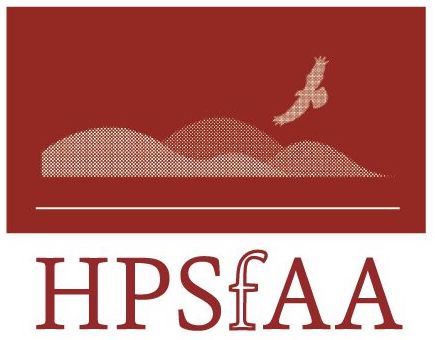
Spring Conference 2023
Collaborative Work
and Community Power:
Exploring Approaches, Methods, and Relationships within Community Collaborations.

Conference Dates
Friday, April 21: 9:45am to 5:30pm
Saturday, April 22: 10:30am to 5:00pm
 Conference Registration Costs
Conference Registration Costs
Professional (member): $35
Professional (non-member): $40
Professional (member couple): $55
Senior (member): $25
Senior (non-member): $30
Student (member): $25
Student (non-member): $30
 Conference Theme
Conference Theme
As applied social scientists, we work hard to situate our work within the context of the on-the-ground truth in the communities we find ourselves working within. We prepare as best as we can, and we step carefully into the field hoping to enter the everyday as (ideally) a welcome guest. Whether working within our own community or stepping into a community which is less familiar to us, as social scientists we may slowly become a taken-for-granted piece of the background landscape. Sooner or later however, someone will ask what are you doing here?
This spring we invite you to explore your answer to this question on a variety of levels. Whether you work within cultural anthropology, archaeology, biological anthropology, sociology, community development, or another community-engaged profession, we welcome you to discuss your methods and approaches to community involvement in your work, share your experiences working on projects or research in and with communities, and explore the motivation that you bring to these efforts.
Within the realm of collaborative community research there are numerous exciting methodologies. Participatory action research is one approach which situates research inside of a problem which is defined by the people who are most impacted by any proposed action—or inaction. Other approaches to collaboration shift decision-making power to community members in various ways.
How do you show up in community, and how is that reflected in your project design, integration of opportunities to elevate emic expertise, or prioritization of equitable evaluation strategies?
How do you build and maintain relationships with community members through your work? What approaches facilitate mutually supportive community partnerships?
Furthermore, how do you situate your work within constructs of power, empowerment, disempowerment, or negotiations of power? On whose behalf are you working?
Is your work reflective of community-centered collaboration, or in retrospect is it reifying harmful power asymmetries?
Whose voice matters and who decides who decides?
The presentations year this center on research, methods, theory, or praxis, and are examples of action research, collaboration, or leveling power asymmetries.
Join us as a community of practice to share your work on particular projects or insights from your career.









